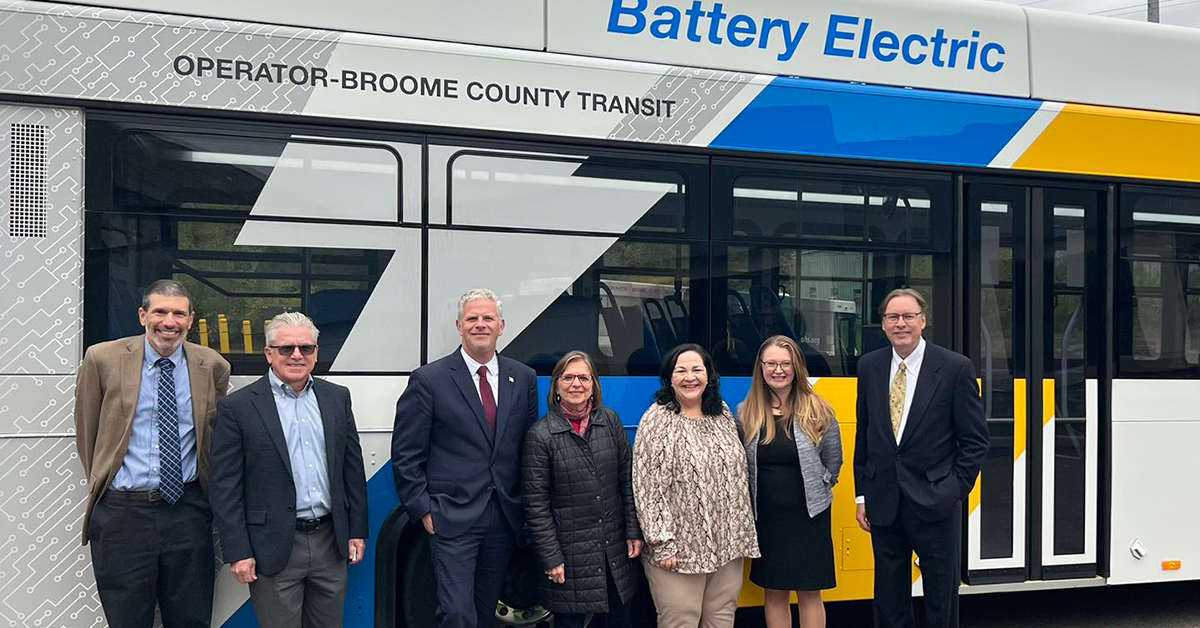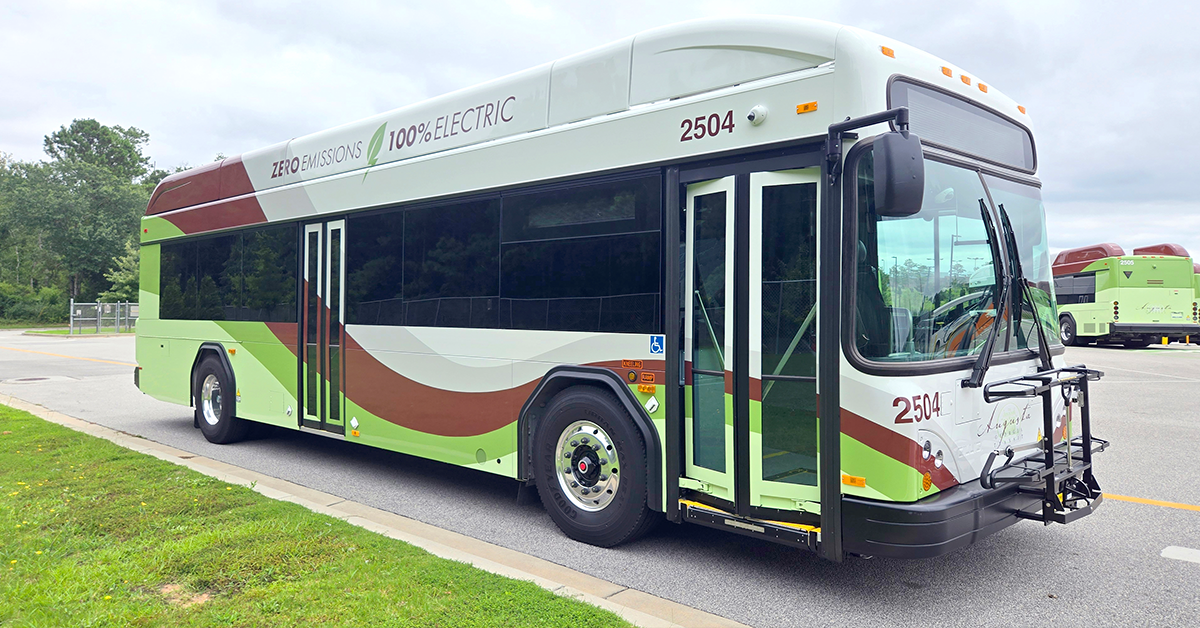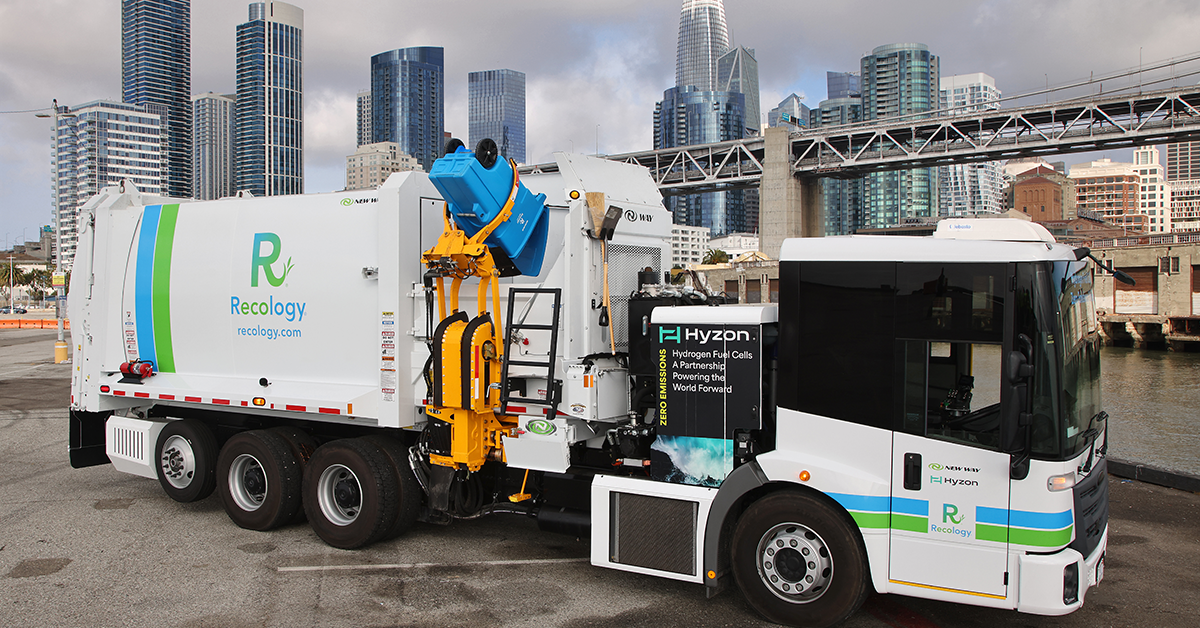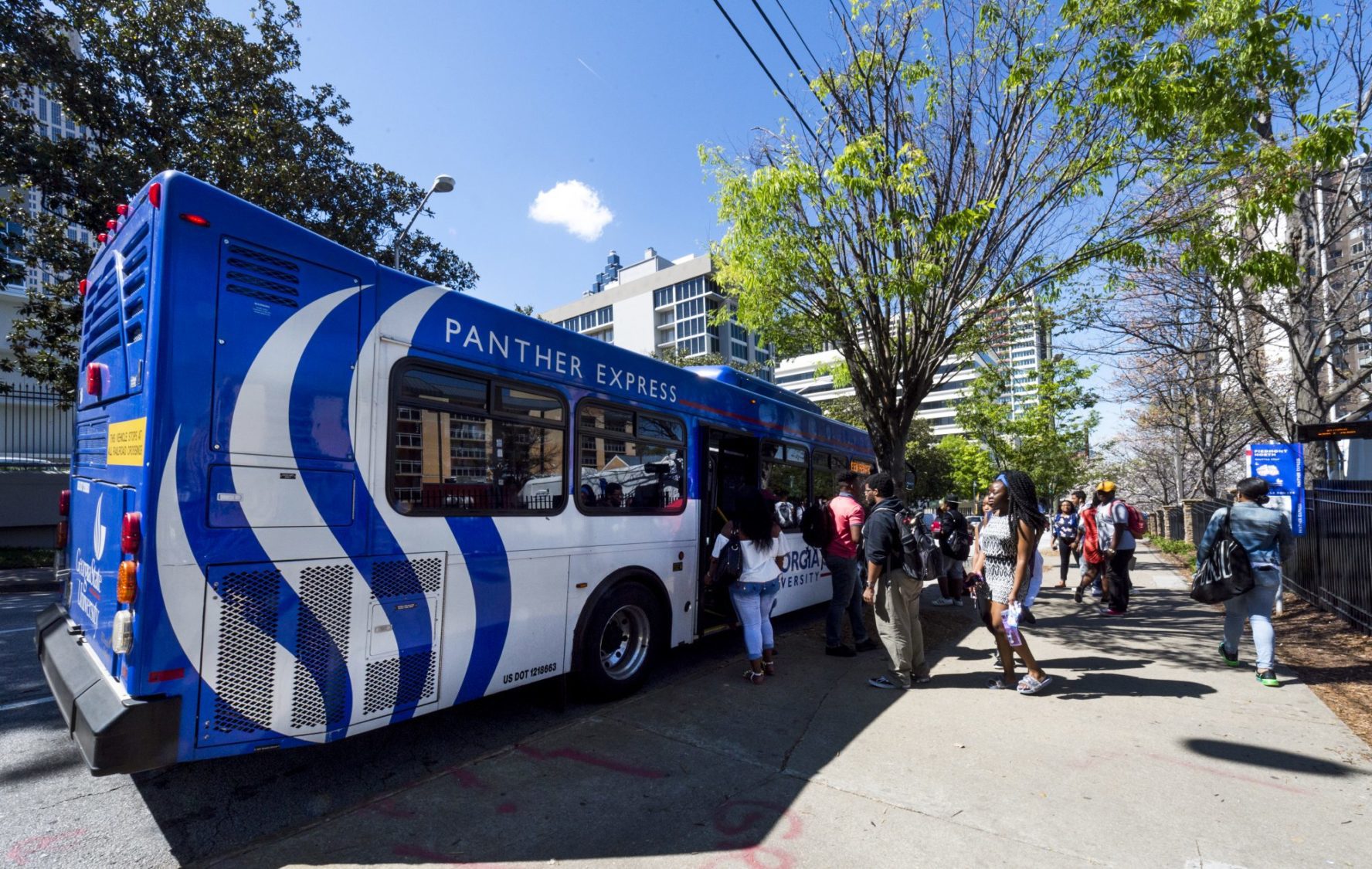Successful Demonstration of Extended Range Hydrogen Fuel Cell Utility Vehicles

Center for Transportation and the Environment and technology team demonstrate advanced fuel cell technology for the Department of Defense
Atlanta, GA- A team led by the Center for Transportation and the Environment (CTE), a nonprofit organization that specializes in the implementation of clean transportation technologies, completed the 12 month operational demonstration of two extended range hydrogen fuel cell utility vehicles at Defense Distribution Depot Warner Robins Georgia (DDWG) on November 11, 2011. The project was funded by the Department of Defense, which has partnered with CTE on other technology projects, including hydrogen fuel cell pilot programs at Defense Depot San Joaquin in Tracy, California and at the U.S. Army's Forces Command at Joint Base Lewis-McChord in Tacoma, WA.
The vehicles feature on-board hydrogen storage that extends the operating range of commercial electric utility vehicles as demonstrated with range of over 300 miles on a single fill. Performance and reliability data was collected throughout the 12 month pilot period for vehicle evaluation and market analysis. Over the course of the demonstration, the two vehicles traveled a total of 1,258 miles, consumed over 22 kg of hydrogen, and proved to be very reliable.
The development and demonstration of the utility vehicles utilized cutting-edge hydrogen, fuel cell, and hybrid technologies and required the collaboration of many innovative organizations. The University of Texas at Austin - Center for Electromechanics (UT-CEM) was responsible for overall vehicle integration, build, and operations support. Gas Technology Institute (GTI) was responsible for hydrogen storage system design and build. Hydrogenics Corporation, provided the fuel cells and integration support. The vehicle platform (SUV-LN) and support was provided by Columbia ParCar.
The vehicle was designed using a structured, robust method involving the entire project team. During the previous Phase I, the team conducted an engineering design analysis that identified and compared all potential hydrogen storage technologies, fuel cell options, electrical energy storage and powertrain architectures for use on the electric utility vehicle. Phase ll included build, testing, and demonstration of the vehicles. The vehicles store 3.7 kg of hydrogen in a 350 bar composite tank and are powered by 8.5 kW fuel cells with ultra capacitors to assist with transient loads.
"Demonstrating the hydrogen fuel cell technology in these vehicles has proven the viability of using the technology in such applications. These vehicles and other similar projects exhibit possible solutions to energy related issues, and offer a sustainable alternative to traditional gas powered vehicles by demonstrating improved range and reliability," said Jason Hanlin, CTE's Director of Technology Development. "The success of this project is predominately due to the work and collaboration of the organizations involved, all who are leaders in their field."The DOD plans to continue operating the vehicles at various sites around the country.
About CTE:
The Center for Transportation and the Environment (CTE) is a nonprofit, 501(c)(3) organization based in Atlanta, Georgia that develops technologies and implements solutions to achieve energy and environmental sustainability. Since its founding in 1993, CTE has managed a portfolio of more than $225 million in federal, state, and local cost-shared research, development, and demonstration projects involving more than 200 organizations in the advanced transportation technology field. CTE has facilitated and leveraged funding for its projects and initiatives from the U.S. Departments of Defense, Energy, Interior, and Transportation, as well as from the U.S. Army and NASA, among many others.





